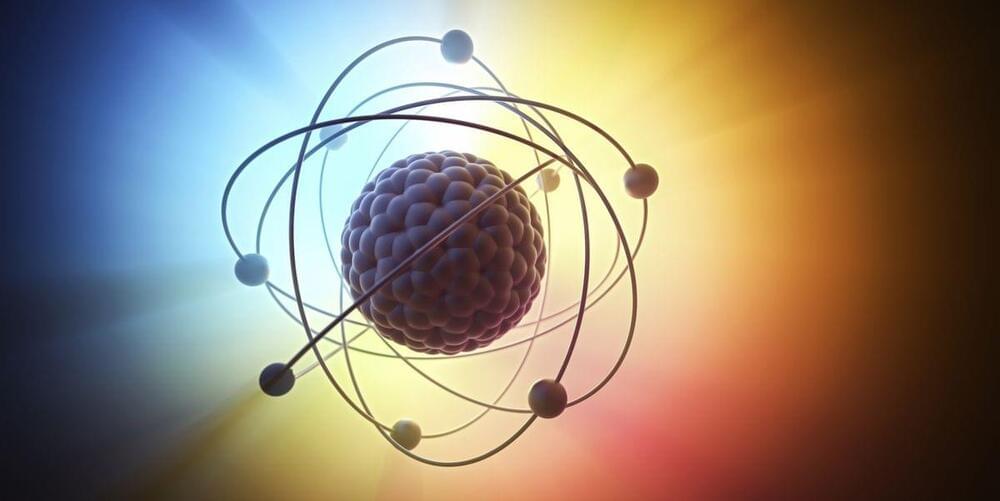Intel’s next-generation Falcon Shores GPU is going to be a power-hungry beast as revealed to Computerbase during ISC 24.
Intel Falcon Shores GPUs Are Arriving In 2025 & Will Feature The Most Power-Hungry Design In The AI Accelerator Race
During ISC 24, Intel and its partners happened to have teased the power consumption figures for the upcoming Falcon Shores GPUs which will be the follow-up to Gaudi 3. While the Gaudi line of accelerators has been dedicated to the AI segment, Intel seems to have taken a step back with its standard HPC & AI GPU offerings. Recently, we reported how Intel has ended the deployment of its first true HPC GPU, Ponte Vecchio.








